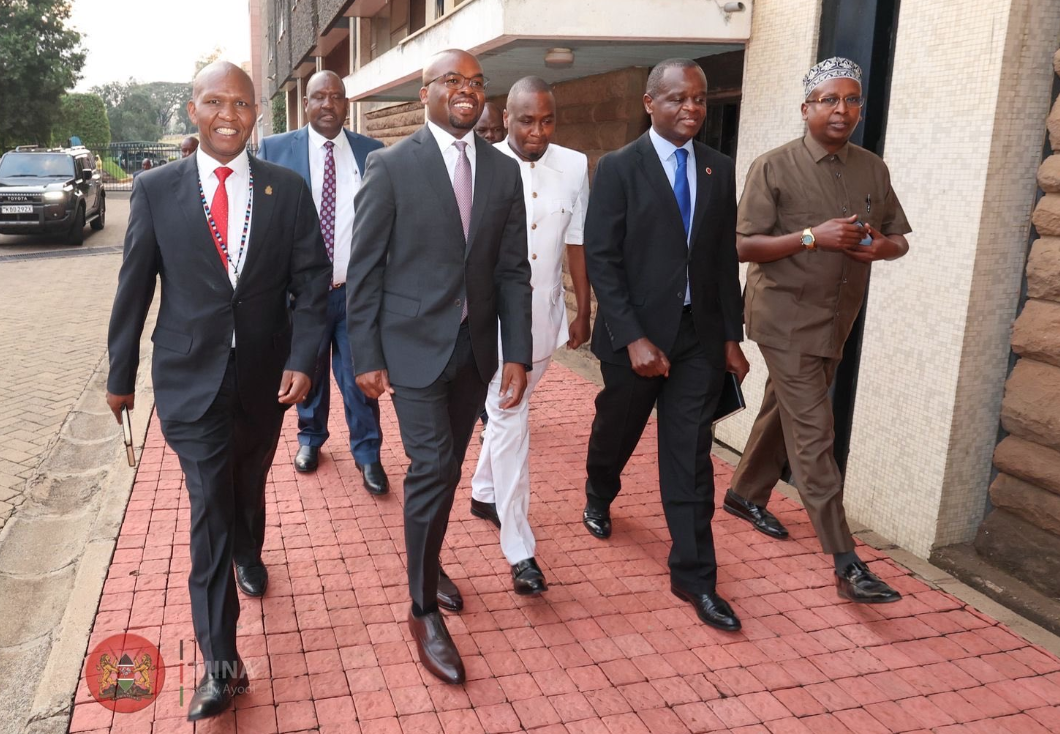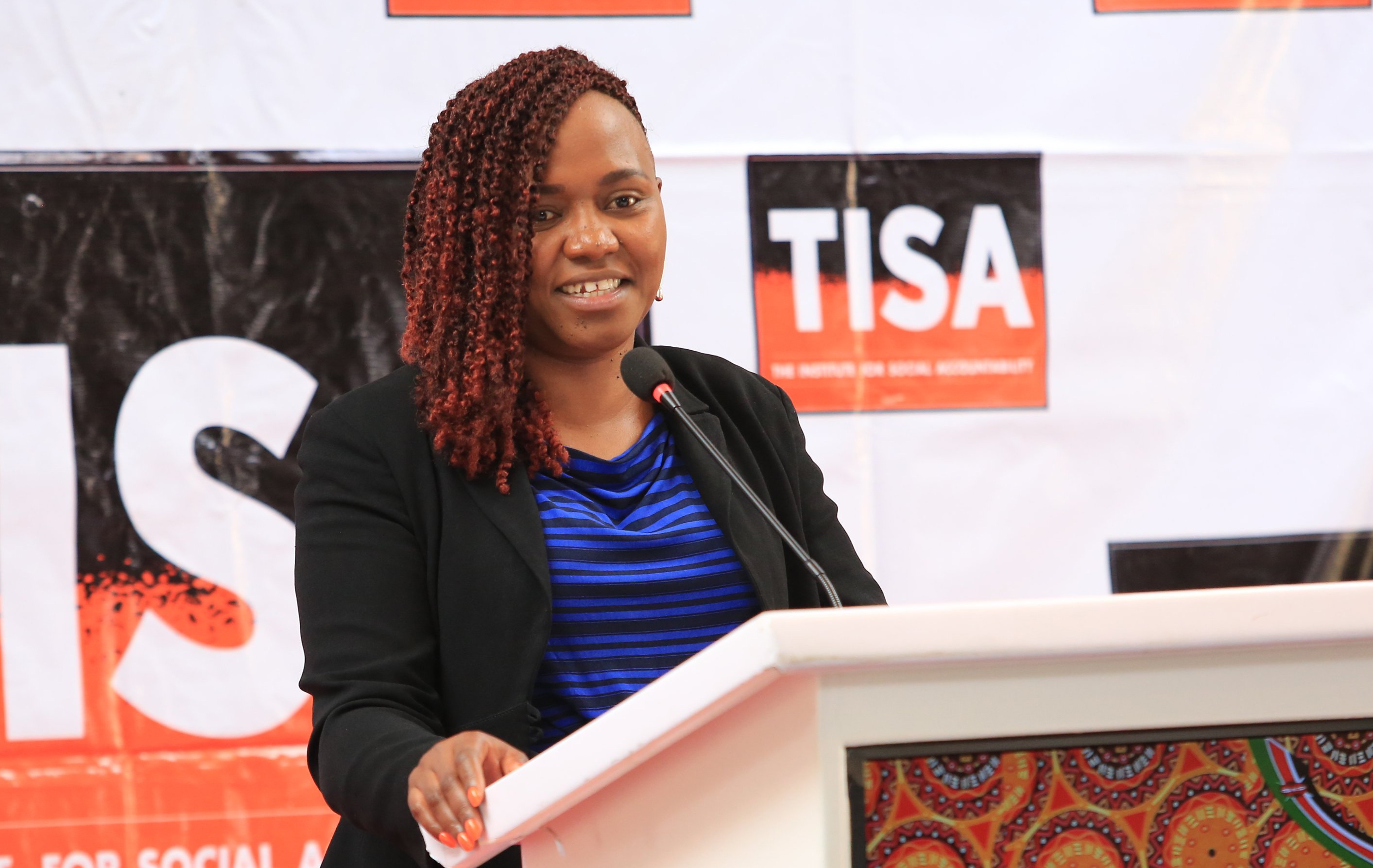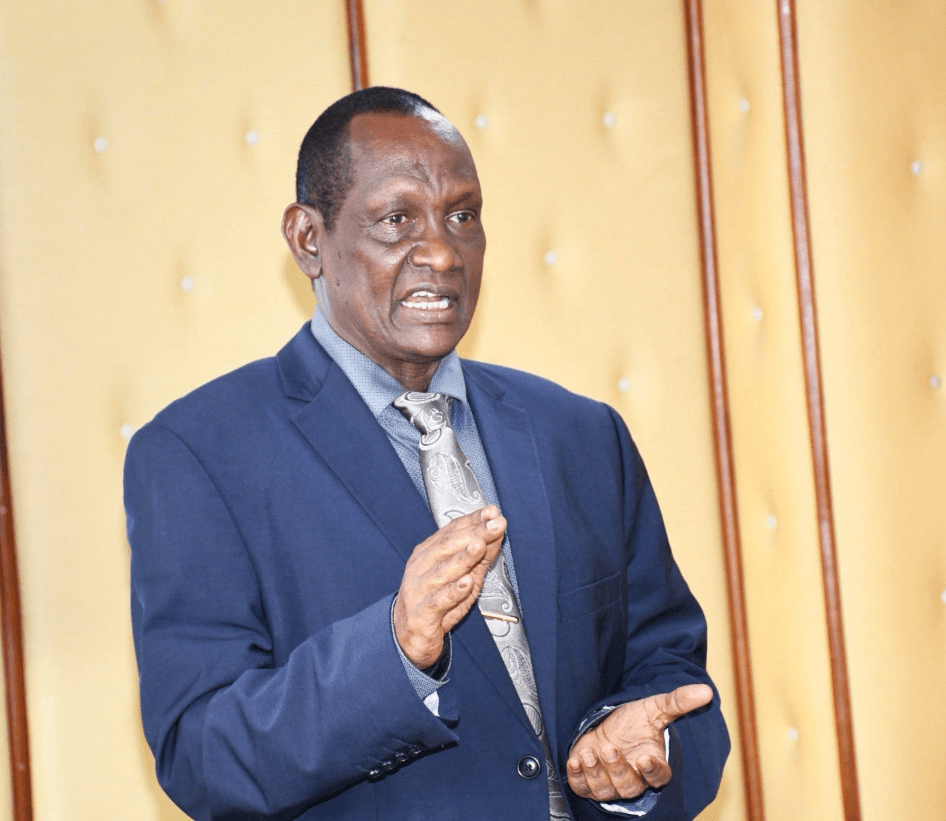

The government is considering a new policy that would
integrate student leaders, deans of students, and campus chief security
officers into county and sub-county security and intelligence committees.
The move seeks to strengthen the safety and well-being of learners in institutions of higher learning.
The proposal, revealed by Interior Principal Secretary Raymond Omollo, aims to give students a formal voice in local security structures and ensure early detection and intervention on emerging threats within campuses.
“We must embrace our student leaders in these structures so that we are able to pick up information or issues in good time and intervene before problems escalate,” Omollo said.
He was speaking during the Jukwaa la Wasomi forum held at the University of Nairobi, a high-level convention that brought together deans of students, university administrators, student leaders, and government security officials.
The summit served as a collaborative platform to identify emerging threats, explore practical solutions, and enhance structured engagement between universities, students, and security stakeholders.
Omollo noted that the initiative is part of the government’s broader strategy to create safe, inclusive, and peaceful learning environments.
“Our goal is to create an ecosystem where learning thrives free from fear, manipulation, or harm. Security begins with awareness, partnership, and shared responsibility – and our students must be part of that equation,” he said.
The PS urged institutions of higher learning to partner with the National Counter Terrorism Centre (NCTC) to conduct regular dialogues on countering violent extremism (CVE), noting the critical role that students play in promoting peace and early warning systems.
In collaboration with the Universities and Colleges Students’ Peace Association of Kenya (UCSPAK), the Ministry has been facilitating structured engagements between students and local security committees across the country.
“We continue to organise bountiful meetings between student leaders and county security committees so that we can enhance youth peace and security both at the county level and nationally,” said Omollo.
The convention marked the culmination of a national series of forums under the Jukwaa la Usalama programme led by the Ministry of Interior.
It highlighted the pressing need for direct dialogue between students and security agencies.
Participants at the summit made several key recommendations, including the installation of CCTV cameras and streetlights in and around campus premises to deter crime, and fencing institutional boundaries to enhance physical security.
Timely issuance of student ID cards to ensure access control, inclusion of student leaders in county-level security and intelligence meetings and integration of safety briefings into student orientation programmes were also recommended.
The meeting also resolved to reinforce the Nyumba Kumi model to include students living off-campus, in an effort to enhance neighbourhood security and community policing.
















